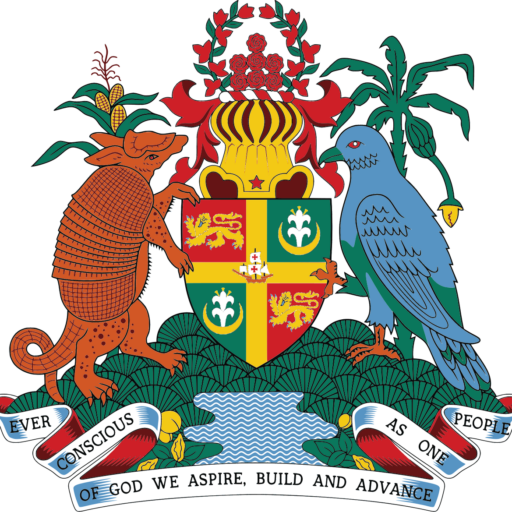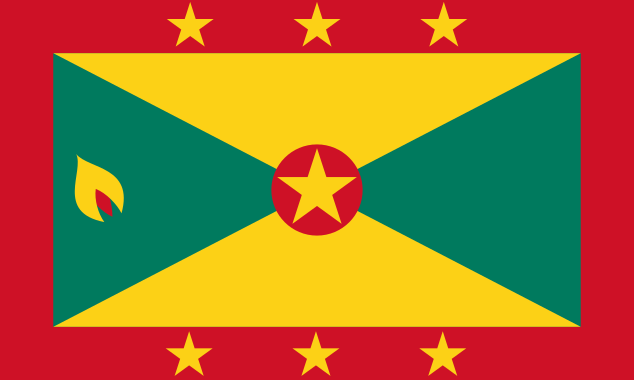
Who We Are
The Public Procurement and Disposal of Public Property Act was passed in by parliament in 2014 and the Regulations in 2015.
The main objectives of the board:
- Maximize economy and efficiency
- Promote competition among suppliers and provide for their equal and equitable treatment
- Promote efficiency and fairness in procurement processes
- Increase transparency and accountability in procurement processes
- Increase public confidence in procurement processes
- Promote local industry, sustainable development and protection of the environment
In particular, the Public Procurement Act establishes three main bodies within government with each having specific responsibilities in managing government procurement. These are the Public Procurement Board, the Procurement Review Commission, and the Central Procurement Unit. These bodies are essential to the proper functioning of the procurement system ensuring that government procurement of goods, works and services are conducted in accordance with the procurement legislation and achieving value for money in every procurement activity.
The Public Procurement Board
Established under the Public Procurement and Disposal of Public Property Act, 2014, as the central regulatory body responsible for overseeing and guiding public procurement activities. The primary objectives of the Board are:
Ensuring compliance with the Public Procurement laws:
Monitoring and enforcing adherence to the Public Procurement Act and its Regulations.
Promoting Transparency and Accountability
Strengthening governance by ensuring fairness, integrity, and openness in public procurement.
Maximizing Value for Money
Implementing procurement policies that drive cost-effectiveness and efficiency
Promoting Local industry, Sustainable Development and Protection of the Environment
Ensuring that economic, social and environmental factors are considered in procurement processes.
Enhancing Competition
Encouraging fair and equal participation of suppliers, contractors, and service providers in public procurement.
Preventing Fraud and Corruption
Establishing mechanisms to detect and mitigate procurement fraud, conflicts of interest, and unethical practices.
Functions of the Procurement Board
The Procurement Board plays a critical role in regulating, monitoring, and approving procurement activities across all public entities.
Approving Procurement Evaluations and Contract Awards:
Reviewing and granting formal approval or issuing a "Certificate of No Objection" for contract awards above $100,000.
Establishing and Enforcing Procurement Procedures:
Issuing guidelines and procedures for procurement and disposal of public property.
Managing Debarment of Suppliers and Contractors:
Reviewing cases and, where justified, debarring suppliers and contractors who engage in fraudulent or corrupt practices.
Developing and Promoting Procurement Policies:
Advising government on procurement policies and proposing necessary amendments to the procurement legislation.
Facilitating the Use of Technology in Procurement:
Encouraging e-procurement systems to enhance efficiency and reduce human interference in procurement processes.
Regulating Procurement Methods:
Authorizing the use of procurement methods other than open competitive tendering, where justified.
Providing Oversight and Compliance Monitoring:
Ensuring that procuring entities adhere to procurement laws and take corrective actions where necessary.
Supporting Capacity Building:
Facilitating training and professional development programs for procurement officers and stakeholders.
Maintaining a Central Procurement Database:
Keeping records of procurement transactions, debarred suppliers, and contractor performance. Making the award of contracts and other public procurement information accessible to the public.
The Procurement Board plays the critical role of ensuring that Grenada's public procurement system is efficient, transparent, and accountable by:
Ensuring Compliance and Reducing Risks:
By monitoring and enforcing procurement regulations, the Board ensures that procurement processes align with legal requirements, reducing risks of mismanagement.
Enhancing Fair Competition:
By overseeing procurement processes and preventing favoritism, the Board helps to level the playing field for all bidders, thereby increasing competition and securing the best value for money.
Preventing Fraud and Corruption:
The Board's role in reviewing high-value contracts and investigating procurement irregularities helps to deter corruption and maintain public trust.
Supporting Economic Growth:
By ensuring timely procurement decisions and efficient contract management, the Board facilitates infrastructure development and investment in local businesses.
Improving Efficiency Through Oversight and Guidance:
The Board ensures that procurement processes are streamlined, reducing delays and inefficiencies in public sector spending.
The Public Procurement Board serves as the cornerstone of Grenada’s procurement governance framework. By enforcing procurement laws, reviewing contracts, and ensuring transparency, the Board safeguards the efficiency, fairness, and integrity of public procurement. Its proactive role in compliance monitoring, capacity building, and policy development ensures that the objectives of the Public Procurement Act are achieved, ultimately contributing to better governance and economic growth in Grenada.
Members of the Public Procurement Board

Mike Sylvester

Claudette Joseph

Kimon Andrews

Terrence Victor

Rodney George

Teddy St. Louis

